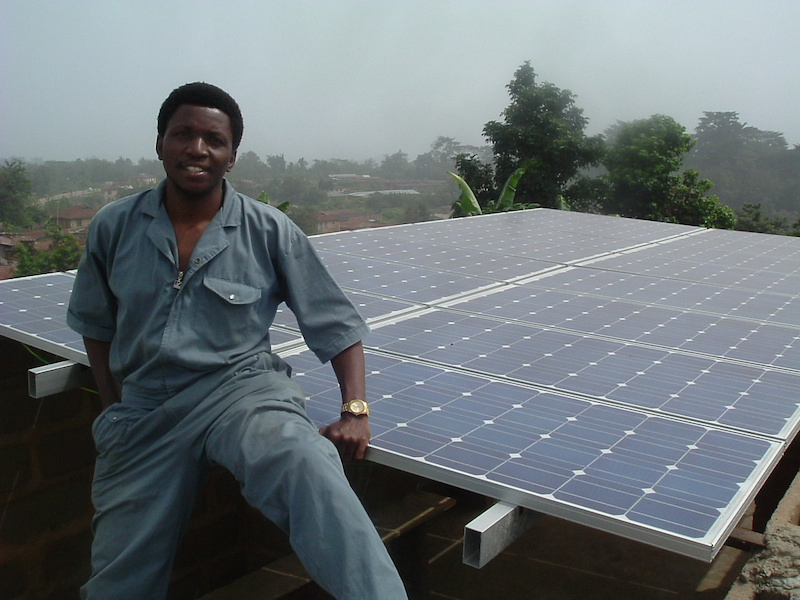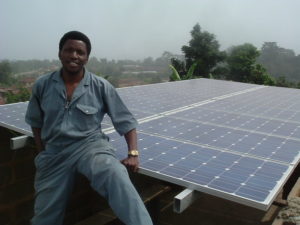
 Ghana’s Renewable Energy Master Plan has been officially presented at the Ministry of Energy by the Energy Commission this week.
Ghana’s Renewable Energy Master Plan has been officially presented at the Ministry of Energy by the Energy Commission this week.
The plan, when implemented, is expected to help the country to increase the penetration of renewable energy in the national energy generation mix from the 2015 baseline of 42.5 MW to 1363.63 MW (with grid connected systems totaling 1094.63 MW).
According to officials, by 2030, the Master plan will allow the government to reduce the dependence on biomass as main fuel for thermal energy application and provide renewable energy-based decentralized electrification options in 1,000 off-grid communities.
The Master Plan constitutes an investment-focused framework for the development and promotion of the country’s rich renewable energy resources to propel economic growth, improve social life and reduce climate change effects, the Deputy Minister of Energy in charge of Power, William Owuraku Aidoo said.
He explained that the Master plan formed part of a broader set of initiatives under the Danish Government funded project dubbed: “China-Ghana South-South Cooperation Renewable Energy Technology Transfer.”
UNDP office in Accra said the initiative was achieved through the collaboration between the Energy Commission, the Ministry of Science and Technology in China and the UNDP Country Offices in Accra and Beijing, which is promoting renewable energy technologies in Ghana with emphasis on private sector development.
